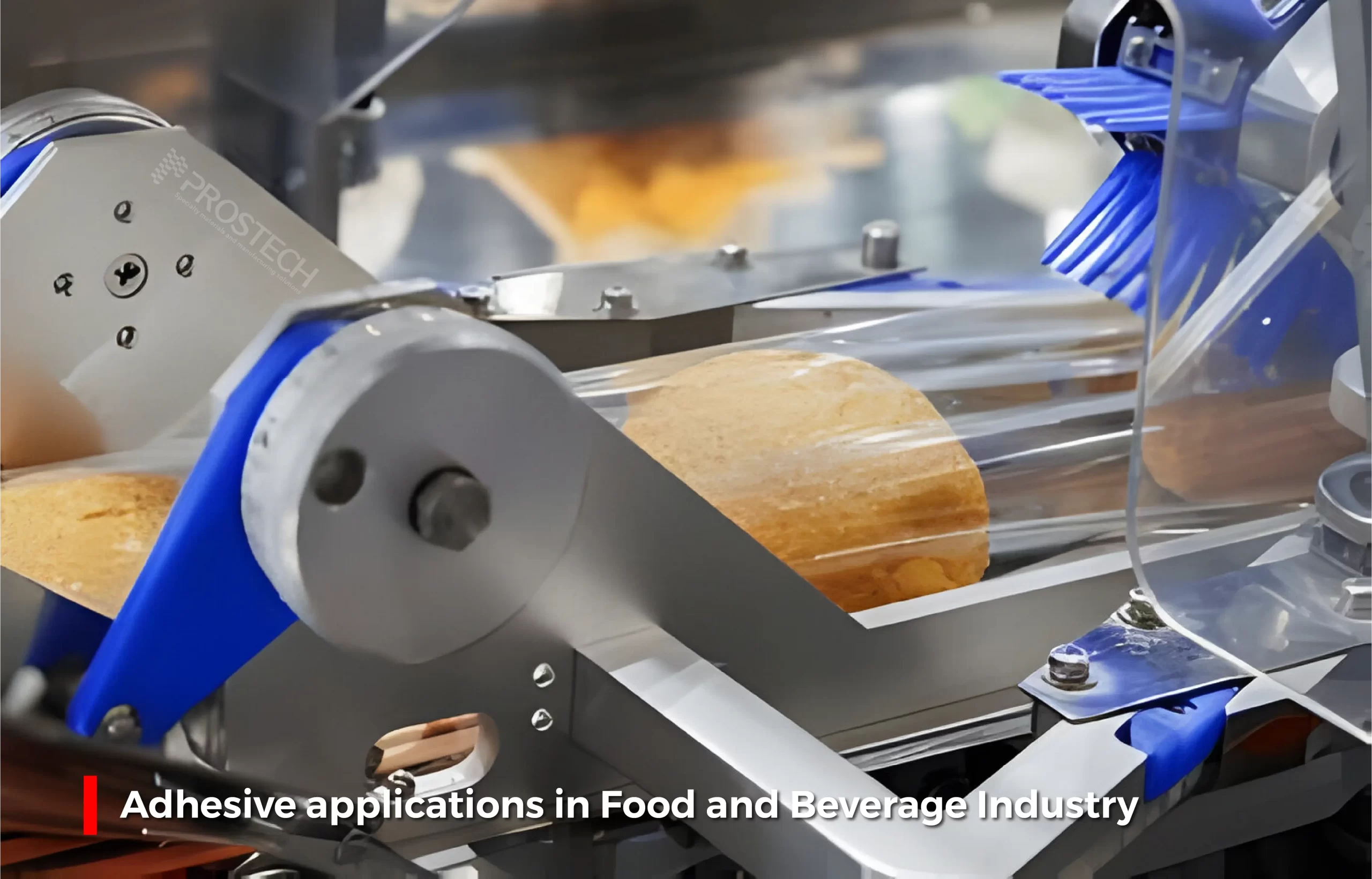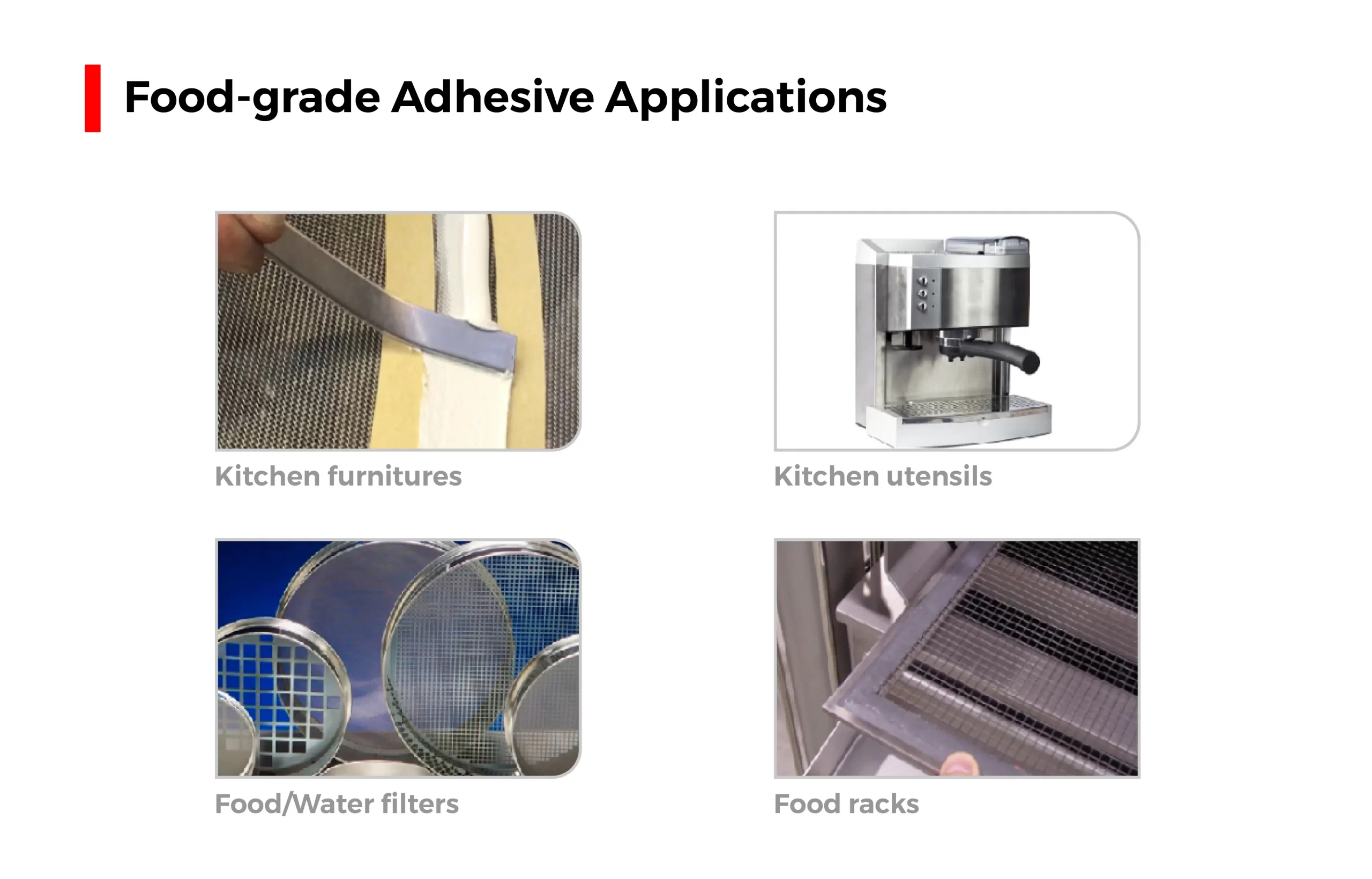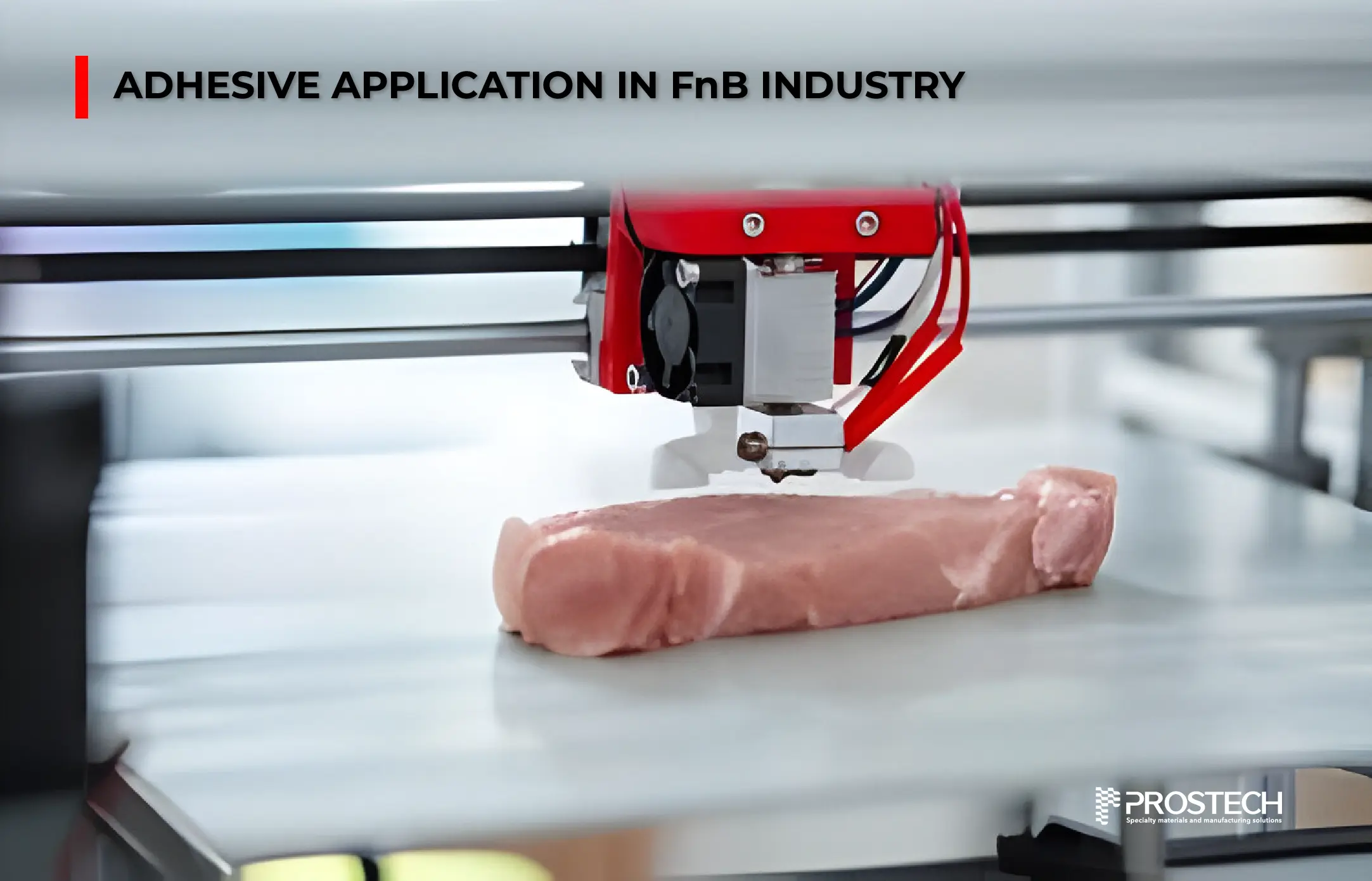In most industries liquids and gases are filtered for various purposes and reasons. A wide variety of filtration element types have been developed, all with slightly different properties. These filters or cartridges have become increasingly high-tech over the last decades. Unsurprisingly, more complex structures also require more specialized adhesives and sealants.

Part of the problem is the fact that these products must incorporate a growing number of properties to perform their tasks. The adhesive or sealant must be viscose enough for controlled application, but also fluid enough to maintain a proper and predictable flow during application. When used as a bonding agent, that bond must be strong enough to serve its purpose, while also being able to withstand rigorous manual or chemical cleaning methods.
Another vital quality is food safety. Many of these filtration systems and equipment are used in industries that process food or beverages or are part of water purification systems. It goes without saying that every part that comes into contact with food or beverages must be safe.
To find out more about food safety regulations and requirements, you can refer to this article: Food-grade Adhesive Mastery: Best Practices for Ensuring Compliance and Quality
1/ Application
Food and beverage production line processing equipment, kitchen goods, and packaging all use food grade adhesives.

For equipment and filter, typical applications which could require FDA approved adhesives could include:
- Potting filter media into endcap for water or beverage filters
- Bonding mesh gauze to frame for filters, sieves, strainers, and separators
- Production line machinery and equipment – applications include bonding and sealing apparatus, conveyors
- Sealing parts for dispensing equipment such as drinks dispensers, ice cream/smoothie dispensers
- Kitchenware such as bonding ceramics, handles onto knives, tea, and coffee pots, cake stands
2/ Food-grade adhesive
Food-grade adhesives are formulated with ingredients that are safe for incidental contact with food. This means that if the adhesive migrates or flakes off into the food during processing, it won’t pose a health risk to consumers.
But in fact, FDA compliant adhesives are quite limited in terms of adhesive technology and performance features and there are few raw materials that can comply with the FDA food-grade code. That’s why food-grade adhesives are often made from Epoxy, Polyurethane or Silicone.
Epoxy
Epoxy food-grade adhesives are formulated with ingredients that comply with regulations set by FDA. Besides, epoxies are known for their excellent adhesion properties. They create a strong, durable bond between various materials commonly used in food equipment and filters, such as metal, plastic, and even glass. This strong bond helps ensure the equipment and filters function properly and don’t leak or break easily. In addition, once cured, food-grade epoxies are resistant to attack from many chemicals commonly encountered in food processing. This resistance helps the adhesive maintain its integrity and functionality over time, even in harsh environments.
In the filter industry, adhesive pots filter media into end caps. The filters may filter water, fruit juice etc. There are several factors to consider when formulating a filter potting epoxy. As well as filter potting, there are similar applications such as casting epoxy for producing the filter end. Bonding mesh to frames for screens and sieves is another popular application.
To get more valuable and detailed information about advantages and applications of Epoxy adhesives in Food and Beverage industry, you can dive into this article: Epoxies for food & drink applications
Polyurethane
We often see there is a wish for adhesives that also act as sealants. A typical usage is the manufacturing or assembly of spirally wound filtration membranes or other replacement filter elements, i.e., for filtering of water, dairy products, and beverages. A two-component polyurethane sealant for plastic substrate components would be a sensible choice.
Unlike epoxies that excel with various materials, PU adhesives particularly shine when working with plastics. Many filtration cartridges and equipment components are made from plastic, and PU adhesives excel at creating strong, secure bonds with these substrates.
Some PU food-grade adhesive provide flexibility for applications requiring some movement that is crucial in certain equipment and filter applications. Besides, the adhesive can act as a barrier, stopping liquids from bypassing the filter media. This is particularly valuable for filter applications where preventing leaks is critical.
Silicone
Food-grade silicone adhesives are made from high-quality silicone materials that are non-toxic and safe for use in contact with food.
If your equipment and filter applications need to meet temperature resistance for hot and cold environments or flexibility is needed to accommodate some vibration during operation, food-grade silicone adhesives are a good choice.
Similar to food-grade epoxies and PU adhesives, silicone demonstrates good resistance to many chemicals found in food and beverages. In addition, silicone’s inherent non-stick characteristic makes it beneficial in certain filter applications. This property can prevent food residue from adhering to the adhesive, simplifying cleaning and preventing potential contamination issues.
3/ Conclusion
As you know Epoxy, Polyurethane or Silicone – they offer great properties for equipment and filter application, but please take note that not all epoxy, polyurethane or silicone adhesives are food-grade. When it comes to equipment and filter elements for the food & beverage industry, the adhesives and sealants must be fully compliant with FDA regulations. Using an unsuitable alternative could lead to undesirable or even unsafe results.
To choose the best solution for you, contact us and we will guide you towards the perfect solution for your requirements. With a focus on improving efficiency and improving the quality of life, Prostech’s food-grade safety solutions will bring you great experiences when using our products.
—————————————–
For more information, contact us to talk with our glue experts:



